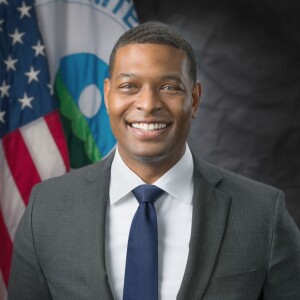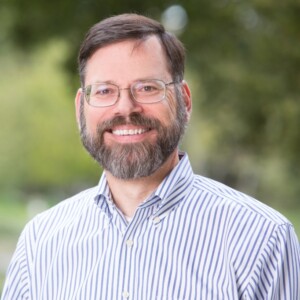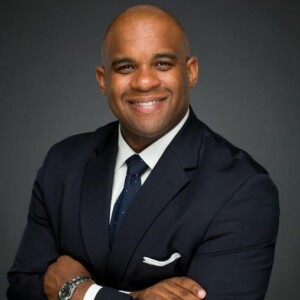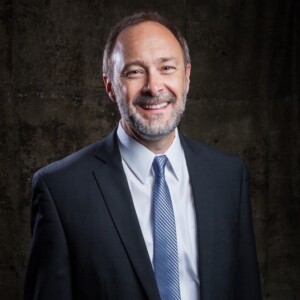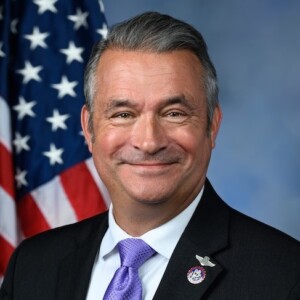The Keystone Center Mourns Passing of Founder Robert W. Craig
Keystone, CO, January 16, 2015 – The Keystone Center announced with profound sadness the passing of its founder, Robert W. Craig, who died peacefully surrounded by family and friends at Colorado Acute Care Hospital in Denver, CO. Mr. Craig was 90 years old.
Robert W. Craig founded The Keystone Center in 1975 with the goal of addressing complex environmental and public policy issues affecting industry, government, and the environment by applying the discipline of science and bringing all relevant stakeholders to the table. At the time, Craig’s consensus-building approach was highly unorthodox among policy leaders whose approach to solving contentious issues was most often litigation.
Under Craig’s leadership, The Keystone Center built its reputation by tackling a number of groundbreaking policy issues, including nuclear waste, biotechnology, AIDS research, and a myriad of natural resource issues. Keystone became known for both confronting tough issues and for bringing leaders with disparate positions to the mountains – a neutral space – to share perspectives and move toward collaborative solutions.
Craig, who most frequently described himself as the “ultimate accidental tourist,” served in the U.S. Navy as an officer on an attack cargo ship (AKA 80) and was on the first naval ship to arrive in Nagasaki, Japan after the atomic bomb was dropped. He graduated in biology and philosophy from the University of Washington and Columbia University and was the first Executive Director and Chief Operating Officer of the Aspen Institute from 1953 to 1965, as well as co-founder of the Aspen Center for Physics. He served as President of the American Alpine Club after a long career in mountaineering and led the first attempted American ascent of K2 in 1953, in addition to serving as a team member and leader of several Himalayan expeditions. His book, “Storm and Sorrow” is a detailed account of a harrowing expedition in the Pamirs in which Craig lost several teammates and nearly faced death himself. He was elected to the American Mountaineering Hall of Fame in 2009. When he left the Aspen Institute in 1963 he purchased and ran a cattle ranch near Aspen and then spent 10 years in the industrial design industry before coming to Keystone at the behest of his good friend Robert A. Maynard, who at the time was president of Keystone Resort.
“Today the world has lost a great man and a great leader,” said Christine Scanlan, CEO of The Keystone Center. “Robert W. Craig was a visionary, a pioneer in both mountaineering and collaborative decision-making, and a true legend. As The Keystone Center enters its 40th year, we remain ever conscious of the spirit and mission in which Bob founded this organization. His passion to effect change and his commitment to do so in a way that brings together a full array of perspectives on any given issue will remain the driving force behind the work of The Keystone Center.”
U.S. Ambassador Edward Gabriel, a close friend and early collaborator with Bob in the formation of The Keystone Center, noted that Bob’s most unique and endearing quality was his ability to connect with people from different walks of life regardless of age, status, or perspective.
“At Keystone, we called Bob Craig “The Great One” because he was one of the finest men we have ever known,” said Clinton Vince, Chair of Denton’s Global Energy Practice and a former Board Chair of Keystone. “We all will miss his grin, his grace, his magnificent style as a skier and alpine climber, and his gentle manner of inspiration.”
Dr. Tom Hornbein, member of the first American team to ascend Everest in 1963, added, “Bob was a consummate mountaineer. He was a caring catalyst with a patient ear and an uncanny ability to guide you without your ever knowing you were being steered.”
The motto Craig lived by, says Scanlan, was “dare to fail,” a challenge to reach toward greatness despite any promise of success. “Bob Craig was a fearless individual who continues to serve as an inspiration to those who were fortunate enough to know him,” said Scanlan. “He will be deeply missed.”
About Keystone Policy Center
Keystone Policy Center brings together crucial teams of stakeholders who have diverse individual perspectives but recognize a common need to address urgent issues with lasting solutions. For more than 40 years, The Center has helped leaders move beyond fixed positions toward collaborative, action-oriented approaches to problem-solving. In this age of polarized debate on nearly every major topic in public policy, The Keystone Center offers a refreshing yet proven blueprint for progress.

